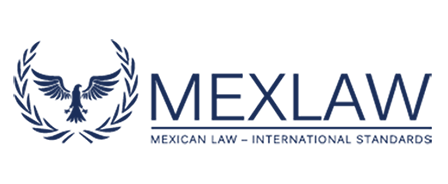Why do I have to provide sensitive personal information to create a corporation in Mexico?

When it comes to conducting business in Mexico as a foreigner, meticulous attention to legal and tax considerations is paramount. The appropriateness of establishing a Mexican company hinges on various factors such as the business type, its structure, and financing requirements. This article delves into the concept of the Ultimate Beneficial Owner (UBO) and the imperative of providing personal information in adherence to anti-money laundering regulations.
The Ultimate Beneficial Owner (UBO)
This concept is found in both the anti-money laundering law (Article 3, paragraph III) and the Federal Fiscal Code (Article 32-B Quáter). It is not a new concept but has become more strictly regulated. In colloquial terms, the Ultimate Beneficial Owner is the person who ultimately benefits from an operation or transaction. For example, if a company acquires real estate, the individuals who are part of the company are considered Ultimate Beneficial Owners. The UBO is a pivotal concept embedded in both anti-money laundering laws and the Federal Fiscal Code. In essence, the UBO is the individual who ultimately benefits from an operation or transaction. This concept stems from the Financial Action Task Force (FATF), an international NGO combatting money laundering and terrorism financing.
In compliance with the 40 recommendations of the FATF, Mexico has adopted stringent measures to combat these financial crimes. The UBO concept is enshrined in the Federal Law for the Prevention and Identification of Operations with Illegal Proceeds (Anti-Money Laundering Law) and the Fiscal Code. It is defined as “the person or group of persons who directly or indirectly obtain a benefit from their participation in legal entities or trusts, or who directly or indirectly influence their decisions, strategies, and management.”
To adhere to these regulations, notaries require specific documentation, including valid passports, proof of address, tax identification numbers, marriage certificates, and comprehensive information about spouses.
In conclusion, the optimal timing for establishing a Mexican company involves a nuanced understanding of legal intricacies, strategic considerations, and compliance requirements. Whether engaging foreign partners or navigating anti-money laundering regulations, thorough documentation and professional guidance are indispensable for a seamless and compliant establishment of a Mexican company.
To initiate business activities in Mexico, a comprehensive set of registrations and permits are imperative. This entails securing registrations with the Tax Administration Service (Tax Department in Mexico) and the Public Registry of Commerce. Additionally, obtaining the requisite permits and licenses from municipal, state, or federal authorities is essential, contingent on the nature of the business.
For more information regarding creating a Mexican corporation or becoming a shareholder in a Mexican company, please contact our team of corporate attorneys at Mexlaw.

